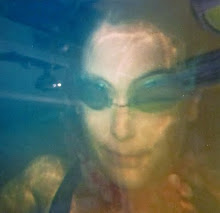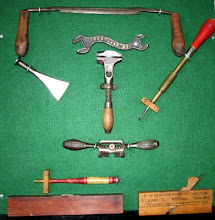
Lesley MacVane & Roger Berle present Portraits and Essays of Cliff Island, Portland's most remote neighborhood in the MCMA library during the month of June.
Gone are the days of tediously and endlessly building and patching wooden lobster traps, knitting new “heads” for them, and dunking traps in a tank full of semi-toxic preservative. Today, the traps are all manufactured, vinyl coated steel. When purchased, they are essentially ready for their identification tags, their trawl lines and colorful buoys, and, eventually, to be baited and set asea. Each trap is a substantial investment; but now the balance tips from labor-intensive to capital-costly. The start-up cost can seem, or be, prohibitive. Even if passing that barrier, to succeed at this business requires a multiplicity of on-the-water skills, an understanding of the ocean and its bottom, considerable biological awareness, dogged persistence and courage, a handle on the unwritten rules of territories and protocol, and a thick skin. None of these show up in a promotional video clip of a sunny, blue-sky August day with a handsome lobster boat cutting neatly through a modest chop and a rugged-looking captain espying his next buoy. The vision of a Maine Lobsterman - or Lobsterwoman – has long since been projected around the globe as a most romantic way of life.
But winter, part of the lobstering off- season for most, is still a most critical component of succeeding at this business. You cannot expect to catch lobsters if all your gear, especially your boat, is not in shape and ready to go when the “bugs” strike in late June or early July. When Maine is cold, icy, gray, or wet, the work must be done. Outdoors, in a plastic shed, or even in your living room, you’ve got to “git ‘er done” or summer will surprise you and before you know it the word will go out over the VHF network that the lobsters are movin’ – and you’re not…
Bill O’Reilly is part of a traditional sea-faring and fishing family, the youngest sibling of his own generation. There have been many before him, but there is only one following his course to date. His is an endangered way of life. While there still appear to be plenty of lobsters on the bottom, the cost/revenue equation is out of balance; bait, fuel, and gear costs continually escalate while demand for the product is down significantly over the past couple of years. Summer’s soft-shell shedders do not keep or ship well and the poor economy has been very damaging to everyone in the system.
Over the years, Bill has converted a tiny fish house into a nice, cozy home at water’s edge, has bought a seaworthy vessel, made a living. He has survived rough waters, both on Casco Bay and on the shore. But he has been fortunate in that his family has owned a piece of shorefront Cliff Island for a good long while. Buying waterfront on the Maine Coast costs a bundle and real estate taxes are extremely high – driven by the demand for second-home property on the shore.
Nonetheless, Bill has found a way to survive......Lesley MacVane & Roger Berle






































































No comments:
Post a Comment